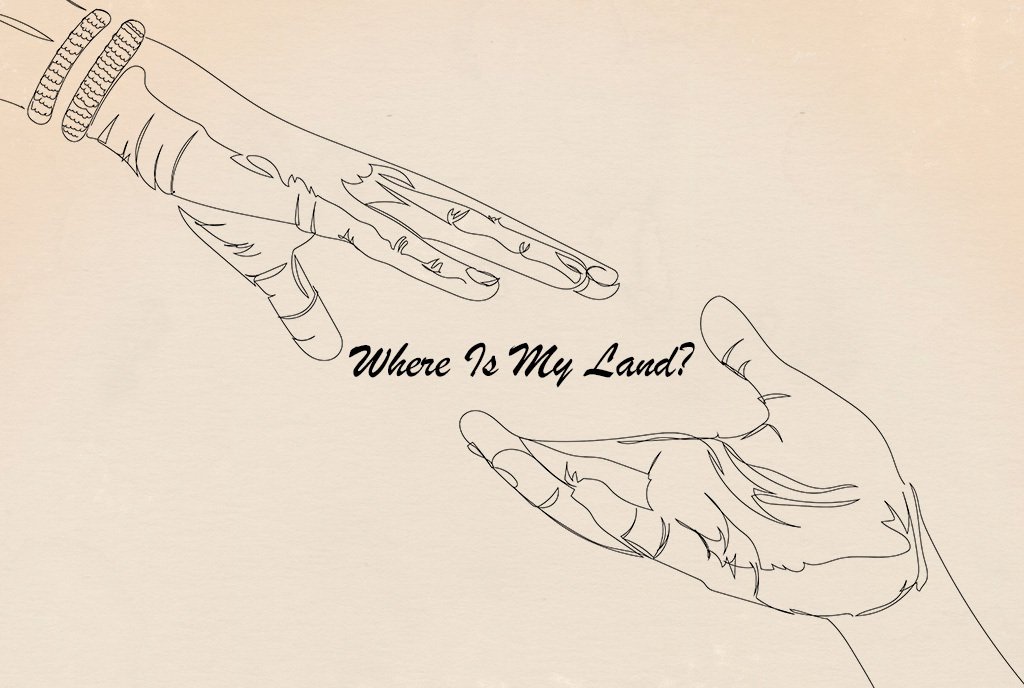
February 8, 2020; MarketWatch
In his sentencing for bribery in the college admissions scandal, Douglas Hodge, the former CEO of Pimco, was given a sentencing break for his previous philanthropy. Let’s be clear: we do not approve.
US District Judge Nathaniel Gorton said he was giving Hodge a “discount” of three months off the year he had planned to hand down, and he did not mince words in describing what he saw as contradictions in Hodge’s character.
“Mr. Hodge, your conduct in this whole sordid affair is appalling and mind-boggling at the same time,” Gorton said. “It is unbelievable that someone of your education, intelligence, and involvement in philanthropy and successful professional activities could have been for so long and so intimately a party to the systematic, pervasive bribing of college officials to get their kids into school.”
The prosecutors, however, had asked for two years, citing Hodge’s “extreme, almost unfathomable privilege.”
Gorton was apparently taken in by Hodge’s attorneys’ argument that Hodge was a “mission-driven” donor who contributed more than $30 million between 2007 and 2018. Approximately 95 percent of those gifts went to support “schools, universities, and programs to assist children in disadvantaged areas.”
And, indeed, the absurdity in the use of his charity as a defense is that so much of it was aimed at helping “underprivileged youth” at the very same time that he was buying spots at USC and Georgetown for four of his children—with some of that money disguised as charity.
Hodge is said to have donated on average nearly 60 percent of his earned income each year over his last four years at Pimco, as well as 100 percent of his deferred bonuses upon his retirement. But Hodge’s moral slip did not happen once, but four times, and it involved payments of $850,000. He is used to having his money ease things for him, and this situation is not so very different.
Sign up for our free newsletters
Subscribe to NPQ's newsletters to have our top stories delivered directly to your inbox.
By signing up, you agree to our privacy policy and terms of use, and to receive messages from NPQ and our partners.
This is not the first time we have seen a ridiculously rich man attempt to use his charity work as a get-out-of-jail-free card. In 2012, we wrote about the case of Rajat Gupta, who was then on trial for insider trading.
Gupta’s philanthropic activities are indeed extensive and very prestigious. He has been a trustee for the Rockefeller Foundation and has served on the boards of various business schools, including Harvard’s. He has also served on the board of the Global Fund to Fight AIDS, Tuberculosis and Malaria. He has also served as co-chairman of the India AIDS Initiative at the Gates Foundation.
In that case, however, the judge was not impressed.
US District Court Judge Jed S. Rakoff has said that if Gupta wants to present this charity defense, he might have to take the stand—which would open him up to questioning on more than just his charity work. The New York Times reported that Rakoff commented, “If Mother Teresa were here and charged with bank robbery, the jury would still have to determine whether or not she committed bank robbery.”
Gupta was eventually sentenced to two years in prison and ordered to pay a $5 million fine.
There’s also the story of H. Ty Warner, the founder of Beanie Babies, who fared a bit better in his 2014 sentence of 500 hours of community service for a complicated tax avoidance scheme. Rick Cohen wrote at the time:
US District Court Judge Charles Kocoras…decided to let Warner off. He explained that it would be better for Warner to continue his history of philanthropic “good works” than to be sentenced for a period of 46 to 57 months, as called for by federal sentencing guidelines. In his rationale, Kocoras cited Warner’s charitable contributions for a “kidney dialysis patient, schools, Ty Inc. salesmen and his local municipal park district.”
It galls us to see philanthropic giving used to essentially buy one’s way out of a jail sentence for cheating and exploiting systems to one’s own advantage, and there is nothing “out of character” in Hodge’s various uses of charity as part of the more general outsize influence of wealth. Although he did give generously in his last years at Pimco, he did not impoverish himself in the name of equity; last we looked, he was worth $80 million, and he acted in accordance with the privilege that bought.—Ruth McCambridge












